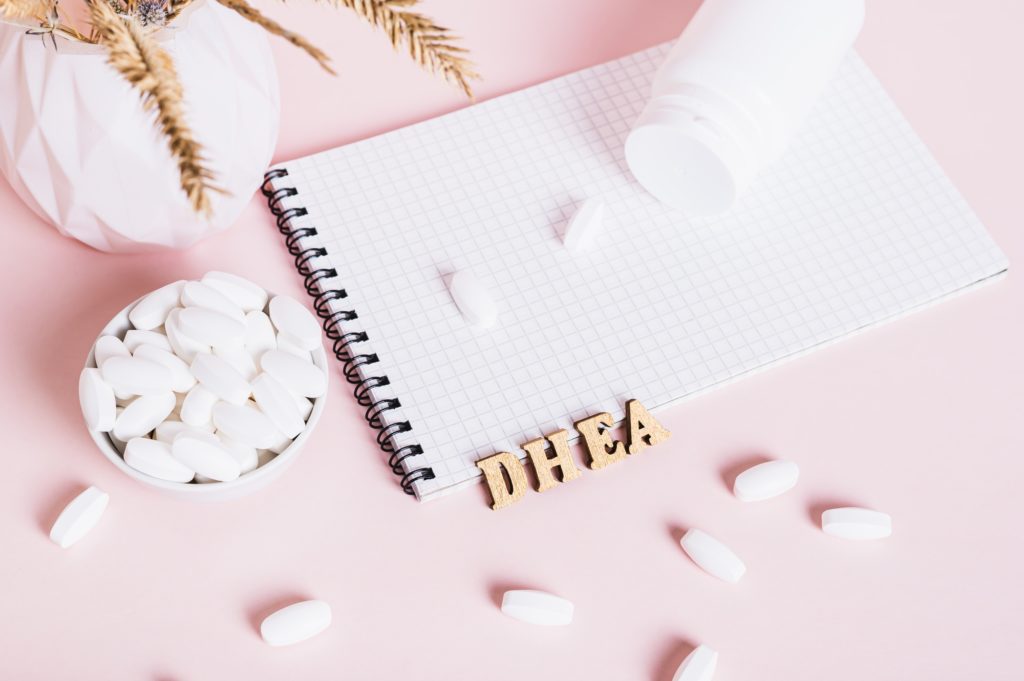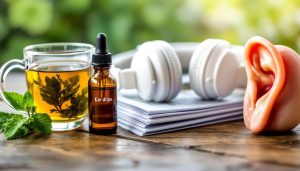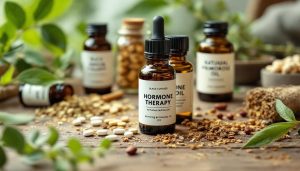When people talk about hormones and health, names like estrogen, testosterone, and cortisol usually steal the spotlight. But there’s another hormone that plays a quiet yet crucial role in overall wellness—DHEA, or dehydroepiandrosterone.
Although it doesn’t get as much attention, DHEA is a foundational hormone that influences energy, mood, immune function, aging, and even sex hormone production. Often described as the “mother hormone,” DHEA is a precursor to both testosterone and estrogen, and its effects ripple throughout the body.
Here’s why DHEA matters and what you need to know about this underrated but powerful hormone.
What Is DHEA?
DHEA is a hormone naturally produced by your adrenal glands, with smaller amounts made by the brain and gonads. It begins to rise in early adulthood, peaks around age 20–30, and then steadily declines with age—dropping by as much as 80% by the time you’re 70.
Because it converts into other vital hormones, DHEA acts like a building block for hormonal balance, influencing everything from metabolism to mood to immune function.
Why DHEA Is Important
1. Supports Hormonal Balance
DHEA is the raw material your body uses to make both estrogen and testosterone. That makes it essential for maintaining hormonal harmony, especially during midlife transitions like menopause and andropause (age-related testosterone decline in men).
Why it matters: Declining DHEA levels can contribute to symptoms like fatigue, low libido, mood changes, and decreased resilience to stress.
2. Boosts Energy and Resilience
Many people with low DHEA report chronic fatigue and burnout. That’s because DHEA helps counterbalance cortisol, the body’s main stress hormone. It acts as a buffer, promoting calm, focus, and recovery.
Why it matters: Adequate DHEA levels may help you manage stress better, recover faster, and feel more energized.
3. Enhances Immune Function
Research suggests that DHEA plays a role in supporting immune function, particularly in older adults. It helps regulate inflammation and may improve the body’s defense against illness.
Why it matters: Low DHEA is associated with weakened immune response, which can be especially important as we age.
4. Supports Cognitive Health and Mood
DHEA has neuroprotective effects and is involved in brain function. It may help regulate mood, enhance memory, and protect against age-related cognitive decline.
Why it matters: Studies have linked low DHEA levels with depression, brain fog, and poor mental clarity—especially in older adults.
5. Aids in Bone and Muscle Maintenance
DHEA supports bone density and muscle mass, which naturally decline with age. It plays a role in preventing osteoporosis and maintaining strength.
Why it matters: This is especially important for postmenopausal women and older men, who face an increased risk of bone fractures and muscle loss.
When DHEA Levels Drop
It’s natural for DHEA to decline with age, but for some people, levels fall more rapidly due to:
- Chronic stress
- Adrenal fatigue or dysfunction
- Poor sleep and lifestyle habits
- Chronic illness or inflammation
Symptoms of low DHEA can include:
- Fatigue
- Low libido
- Mood swings or depression
- Weight gain (especially around the midsection)
- Poor immune function
- Brain fog
Should You Supplement DHEA?
DHEA supplements are available over-the-counter in some countries and are used to support adrenal health, improve energy, and help with hormonal imbalances. However, they aren’t for everyone.
Before supplementing:
- Get your levels tested. A blood or saliva test can show if your DHEA is low.
- Talk to a healthcare provider. Supplementation may not be appropriate for people with hormone-sensitive conditions, such as certain cancers or PCOS.
- Start low and monitor. DHEA should always be taken under supervision, as overuse can lead to unwanted side effects (like acne, irritability, or hormonal imbalances).
Natural Ways to Support Healthy DHEA Levels
If you’re not ready for supplements, the good news is you can support your DHEA production naturally:
- Manage stress through meditation, yoga, or deep breathing.
- Get enough sleep—DHEA is produced during rest and recovery.
- Exercise regularly, especially resistance training and short bursts of cardio.
- Eat a nutrient-dense diet rich in healthy fats, antioxidants, and adaptogenic herbs (like ashwagandha or rhodiola).
- Avoid excessive alcohol and sugar, which stress the adrenal glands.
Final Thoughts
DHEA may not be as well-known as other hormones, but its influence on your health is wide-reaching. From stabilizing your mood and energy to supporting immune function and hormonal balance, this “master hormone” is worth paying attention to—especially as you age.
Understanding your body’s changing hormone landscape empowers you to take proactive steps toward feeling vibrant, strong, and balanced at every stage of life.
Your body has incredible wisdom. Supporting hormones like DHEA is simply about helping that wisdom do its work.
















